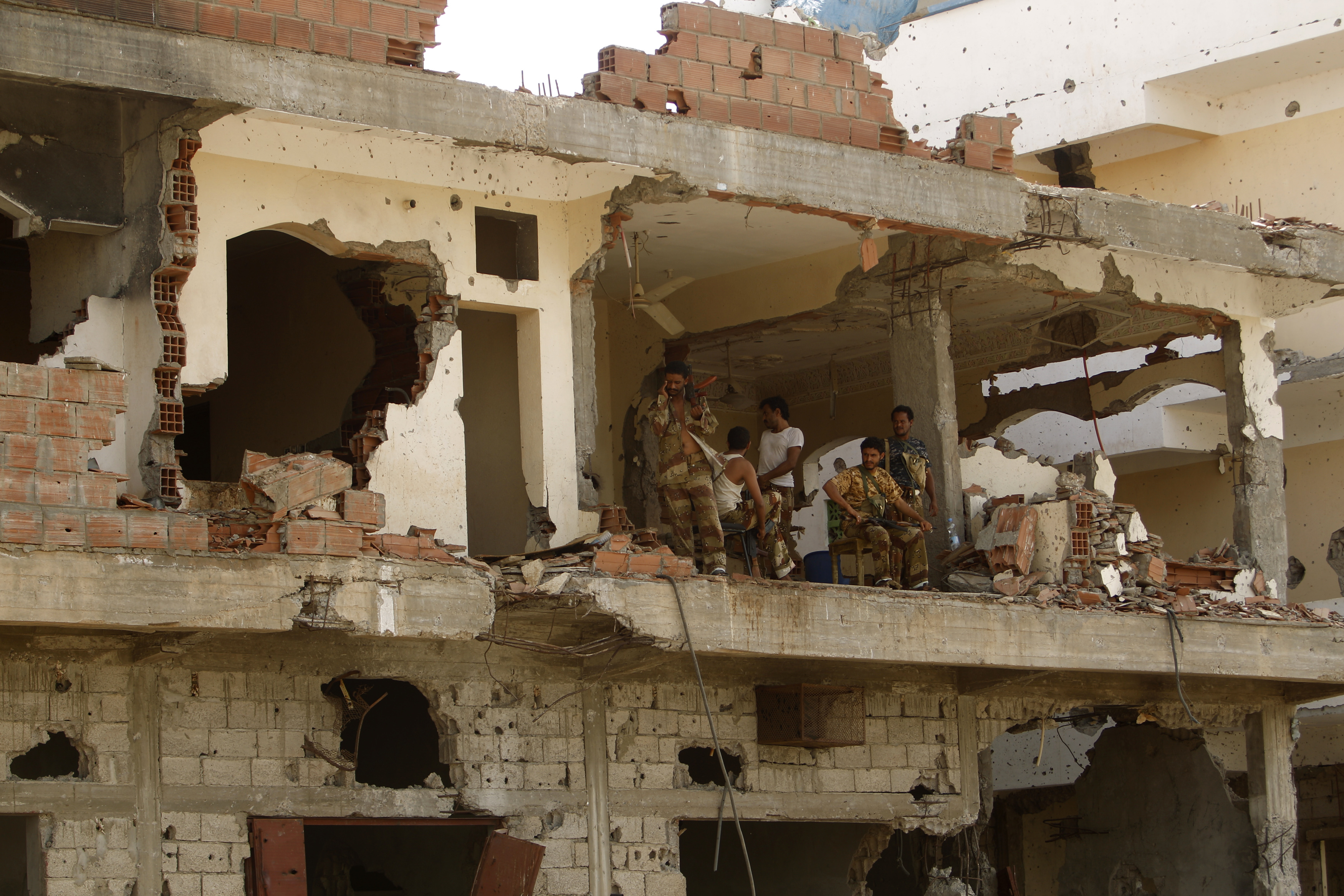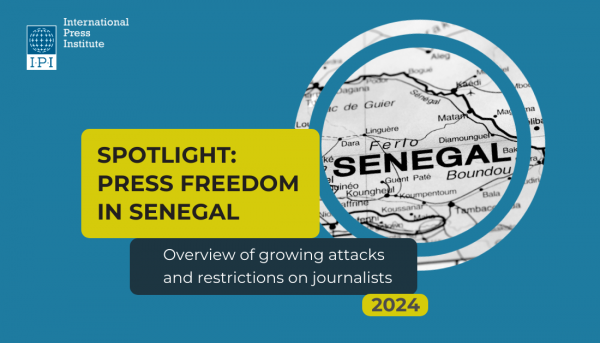The members of the International Press Institute (IPI), meeting at their 62nd Annual General Assembly during the IPI World Congress on May 20, 2013 in Amman, Jordan, adopted by unanimous vote a resolution calling on Yemen to release journalist Abdulelah Haider Shaia in the absence of evidence linking him to terrorist activity.
Shaia is a freelance journalist who has been detained since August 2010. His detractors claim he supported the Al Qaeda terrorist network while his supporters say he is being punished for exposing civilian deaths resulting from U.S.-led drone airstrikes in Yemen, including 42 civilians killed in an airstrike on Al-Ma’jalla in Abyan, south Yemen, in December 2009.
As a journalist reporting on terrorism for the state-run Saba news agency, Shaia was in contact with a wide range of militants, tribesmen and officials. In 2009, he obtained an exclusive interview for the Al Jazeera network with accused Al Qaeda operative and spokesman Anwar al-Awlaki. Security forces questioned Shaia about his reports on Al Qaeda in July 2010 and arrested him the following month on accusations that he belonged to and supported the group. In January 2011, a special terrorism court sentenced him to five years in prison for taking pictures of potential Al Qaeda targets and recruiting for the organisation.
Shaia maintains that he acted only as a journalist and his legal team has criticised the special court that convicted him as illegal under Yemen’s Constitution. The country’s then-president, Ali Abdullah Saleh, pardoned him one month after the conviction, but Shaia remains imprisoned more than two years later, reportedly because U.S. President Barack Obama voiced “concerns” over his release.
IPI members noted that journalists have the right to report on a broad array of views and positions, including those of sources who may belong to militant or terrorist groups. Noting further that journalists accused of crimes must be allowed to confront the evidence against them in a timely manner in an open and fair hearing that complies with international standards of due process and the rule of law, they called on Yemen’s government, in the absence of evidence specifically linking Shaia to terrorist activity, to honour his pardon and to release him.



